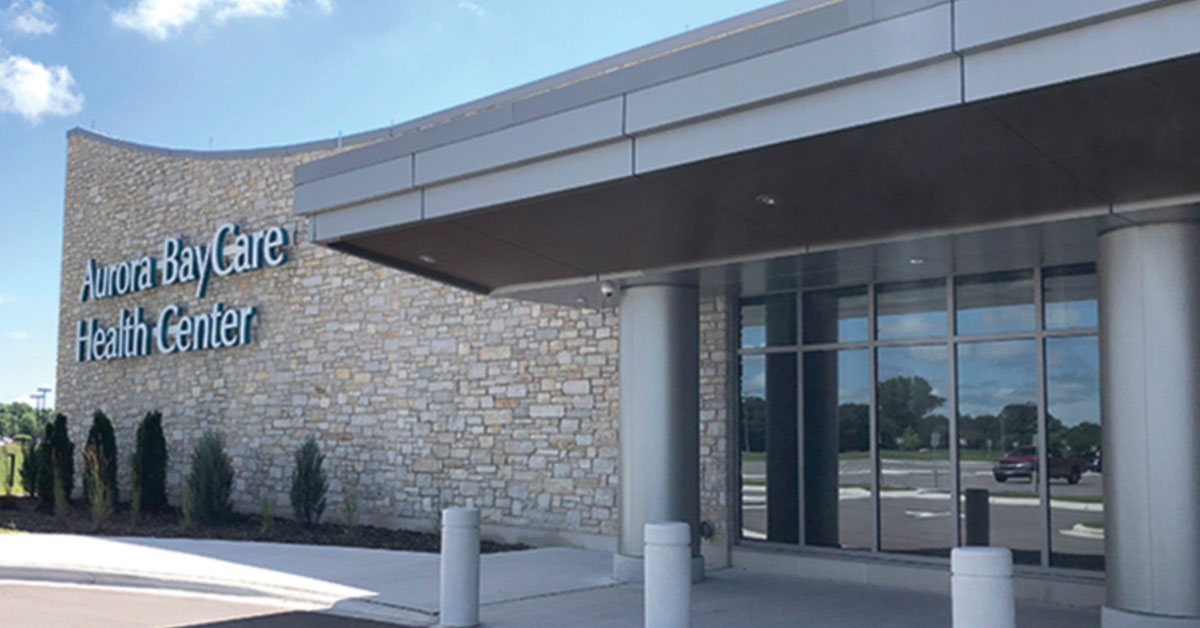Sleep Apnea
Ear, Nose & Throat
Specialized treatment for sleep apnea
Obstructive sleep apnea affects almost 18 million Americans.
People with the disorder stop breathing for brief periods of time while they sleep, causing severe unrest, daytime drowsiness, mood swings, depression and perhaps other health concerns. Left untreated, it can lead to devastating effects on heart and brain health and have lasting effects on quality of life.
Symptoms of sleep apnea
- Waking with a sore or dry throat
- Loud snoring
- Waking on occasion with a choking or gasping sensation
- Morning headaches
- Forgetfulness
- Daytime drowsiness
- Mood changes
Are experiencing obstructive sleep apnea?
Take our online questionnaire to see your risk level
Obstructive sleep apnea occurs when the muscles in the back of your throat relax and narrows or closes the airway. This may happen several times in an hour and sometimes all throughout the night, leaving you unrested.
BayCare Clinic Ear, Nose, & Throat has providers who are board certified by the American Board of Otolaryngology in otolaryngology and sleep medicine.
If you’re experiencing symptoms of sleep apnea, request an appointment today. A sleep medicine physician can evaluate your signs and symptoms, rule out other causes for the obstruction and review potential treatment options. Treatment options can range from simple lifestyle changes, CPAP machine, oral appliances or surgery.
BayCare Clinic Ear, Nose, & Throat was the first specialist in the region to offer Inspire upper airway stimulation therapy, a treatment option for people diagnosed with obstructive sleep apnea and who have not found relief with other treatment methods.
Read more about Inspire for sleep apnea
Common sleep apnea questions
Snoring is not always dangerous to your health, but snoring can be a sign of something more serious like obstructive sleep apnea. Left untreated, sleep apnea can lead to increased risk of high blood pressure, heart failure, stroke or daytime drowsiness. Individuals who snore and experience any of these other symptoms should be evaluated.
Yes, several factors play a role in increasing your risk of sleep apnea, including excess weight and obesity, neck circumference – which may indicate narrower airways – family history, smoking and nasal congestion.
It can be. If you have a family history of sleep apnea, research indicates you have a higher chance of having sleep apnea as well.
If you’re experiencing symptoms of sleep apnea, a sleep-medicine ear, nose and throat doctor will evaluate your symptoms and refer you for a sleep study. Your doctor will make treatment recommendations based on the results of the sleep study.



